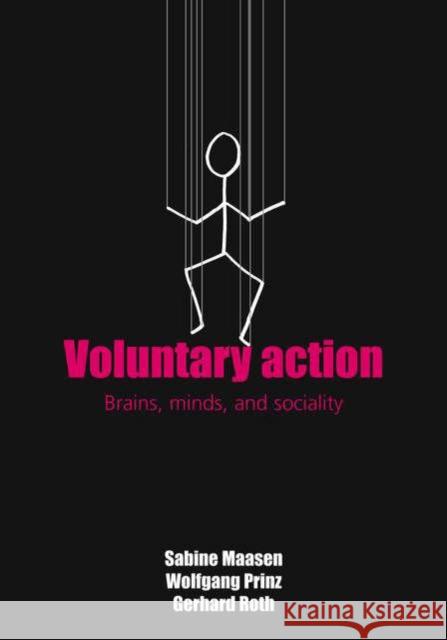Voluntary Action: An Issue at the Interface of Nature and Culture » książka
Voluntary Action: An Issue at the Interface of Nature and Culture
ISBN-13: 9780198527541 / Angielski / Miękka / 2003 / 392 str.
We all know what a voluntary action is--we all think we know when an action is voluntary, and when it is not. First, there has to be some wish or goal, then an action designed to fulfill that wish or attain that goal. This standard view of voluntary action is prominent in both folk psychology and the professional sphere (e.g., the juridical) and guides a great deal of psychological and philosophical reasoning. But is it that simple though? For example, research from the neurosciences has shown us that the brain activation required to perform the action can actually precede the brain activation representing our conscious desire to perform that action. Only in retrospect do we come to attribute the action we performed to some desire or wish to perform the action.
This presents us with a problem- -if our conscious awareness of an action follows its execution, then is it really a voluntary action?
The question guiding this book is: What is the explanatory role of voluntary action and, are there ways that we can reconcile our common-sense intuitions about voluntary actions, with the findings from the sciences?
This is a debate that crosses the boundaries of Philosophy, Neuroscience, Psychology and Social Science. This book brings together some of the leading thinkers from these disciplines to consider this deep and often puzzling topic. The result is a fascinating and stimulating debate that will challenge our fundamental assumptions about our sense of free-will.











